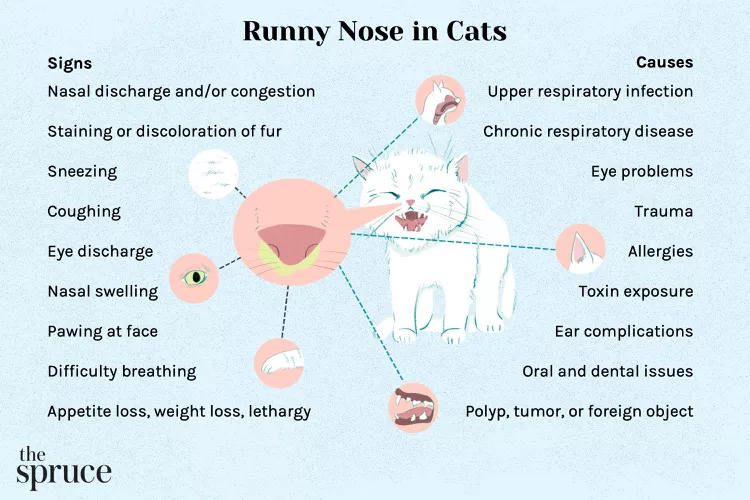
A cat may have a runny nose for several reasons, including an allergy, upper respiratory infection, or more complex disease. Sometimes a cat's runny nose will clear up on its own, but other times, a trip to the vet will be necessary, especially if there are other symptoms present. Here are some possible causes for your cat's runny nose, other signs you may see, and what to do about it.
Nasal discharge, or a runny nose, is not an illness itself but a sign of an illness or other health issue. A cat's runny nose is caused by something that irritates or inflames the nasal tissues. Rhinitis, or nasal inflammation, can lead to nasal discharge. There are many potential causes of runny noses in cats:
If your cat has a runny nose, you may notice other signs at the same time. Nasal discharge may come from one or both nostrils and may also switch between nostrils. If the nose is running and nothing else seems unusual, it doesn't mean there's not a bigger problem. However, if you see other signs of illness along with nasal discharge, it may be a more urgent issue. Watch for signs of health problems and contact your vet for advice.
If you notice nasal discharge in your cat and there are no other signs of illness, then it's sensible to wait for a day or two to see if the runny nose clears up. If other signs appear, or the runny nose continues for a few days, contact your veterinarian to ask about the next steps.
If your cat has cold-like signs, your vet's office may want to schedule an appointment at a specific time to keep other cats away since many feline upper respiratory infections are highly contagious.
If your cat's signs come on suddenly and appear severe, or if there is bleeding from the nose, it's best to contact your vet's office immediately. If acute signs begin when your vet is closed, then contact an emergency vet for advice. This is especially important if your cat has suffered a trauma.
The first thing your veterinarian will do is perform a thorough examination of your cat. Be sure to share as much information as possible about the signs you have seen at home, as well as your cat's current and past medical history. Let your vet know about your cat's environment, diet, and any medications or supplements you are giving your pet.
Your vet may recommend diagnostic tests, depending on the exam findings. Blood and urine testing will provide information about your cat's organ function and overall health. X-rays of nasal passages will allow the vet to detect some abnormalities. Your vet may refer you to a veterinary specialist for rhinoscopy if a nasal mass or foreign body is suspected. Advanced imaging, such as CT or MRI, may be needed in some cases.
Treatment for your cat's running nose depends on the cause. In some cases, your veterinarian will send you home with medications and home care instructions. However, very sick cats may need to be hospitalized for supportive care.
The prognosis for cats with runny noses varies based on the underlying cause.
Cats with infections tend to respond well to medications and supportive care. However, infectious agents, particularly viruses, can cause chronic nasal discharge and other issues. For chronic or recurrent problems with nasal discharge, your vet may recommend a consultation with a veterinary specialist.
Most cats recover well after a foreign body or polyp is removed, but damage to the nasal passages may lead to chronic inflammation.
The prognosis for cancer depends on the type and severity. A veterinary oncologist is the best person to consult after a cancer diagnosis.
The best way to prevent a runny nose in your cat is to try to stop illnesses and injuries from occurring in the first place. Outdoor cats are at a higher risk for injuries and catching contagious infections, so keeping your cat indoors can greatly reduce the risks. Also, be sure your cat gets routine wellness exams and regular vaccinations as recommended by your veterinarian.
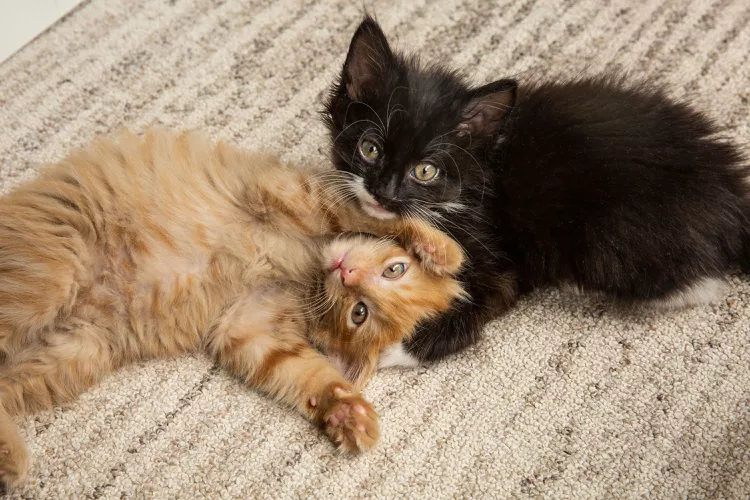
Why Two Kittens Are Better Than One
There are benefits of adopting two kittens, such as more feasible training and companionship between them.
Everything You Need to Know About Raising Your First Cat
Whether you are thinking about getting a cat or just adopted your first one, these are the things to know to make your relationship a lasting one.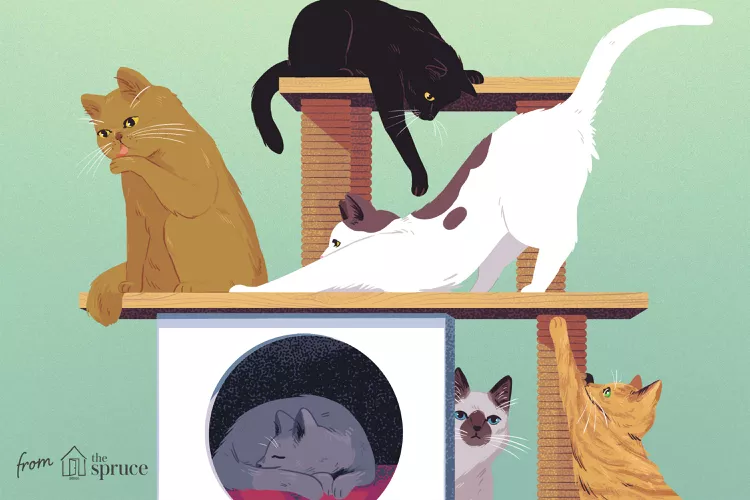
How Can I Tell the Sex of a Cat?
Telling male and female cats apart can be difficult for those who don't know what they're looking for. Here are helpful tips to discover their sex.
Runny Nose in Cats: Causes and Treatment
Cats get runny noses due to upper respiratory issues, but many conditions can cause this. Learn the causes of runny noses in cats and the associated signs. Find out how vets diagnose and treat cats with runny noses.
How Long Can You Safely Leave Canned Cat Food Out?
You cannot safely leave canned cat food out all day. Twenty to 30 minutes is the max, so give smaller portions and reheat food for later feedings.
Meat Byproducts in Cat Food
Most cat experts recommend premium brands of cat food that avoid ingredients like byproducts and chicken meal. Learn what to look for on the label.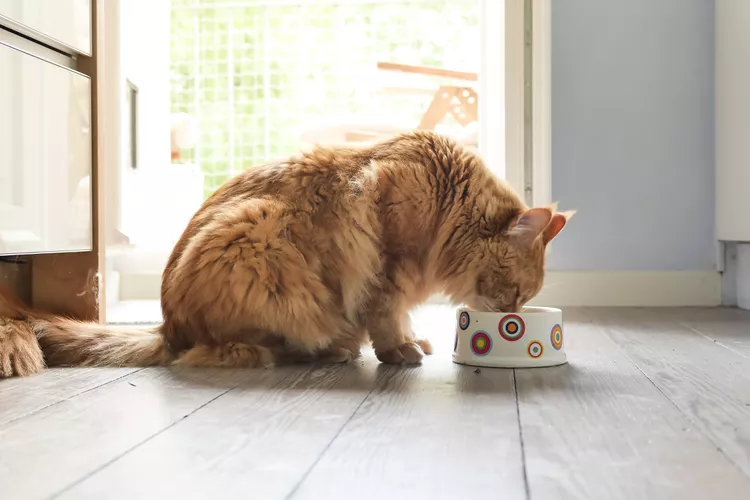
How Much Wet Food to Feed a Cat Every Day
The amount of wet food your cat needs depends on factors such as age, weight, body condition, and lifestyle. Learn how much wet food to feed your cat.
Taurine for Cats
Taurine is an essential animal protein in your cat's diet. Learn more about the various ways it supports your feline's body.
The Different Types of Pet-Friendly Workplaces
Discover the different types of pet-friendly workplaces and the benefits they offer employees. Learn how to create a pet-friendly workplace and the best practices for pet owners.
8 Halloween Safety Tips for Pets
The spooky holiday can be overstimulating and even dangerous for pets. Here's how to avoid the problems caused by toxic candy and incessant doorbells.
Why You Should Keep Cooked Bones Away From Your Dog This Holiday Season
People should be aware of the dangers of cooked bones, especially around the holidays when they might be more accessible to your pup.
Can Dogs Eat Squash? Here's What a A Vet Thinks
Dogs can safely eat squash as long as it's prepared correctly. Find out how to properly feed this versatile fruit to your dog.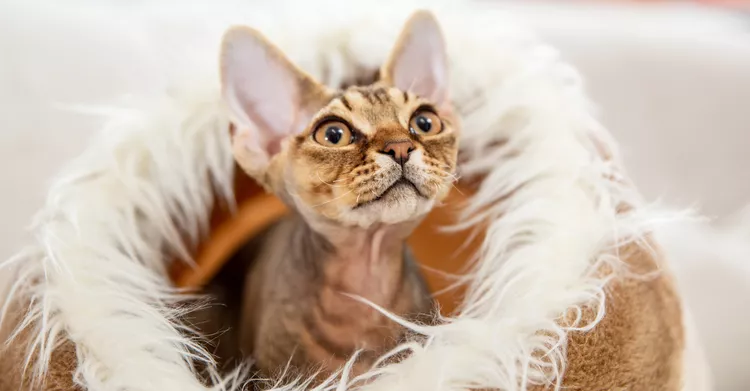
16 Small Cat Breeds That Are Petite Purring Machines
Small cat breeds like the Singapura and munchkin may be smaller than an average housecat, but they leave a giant imprint on your heart.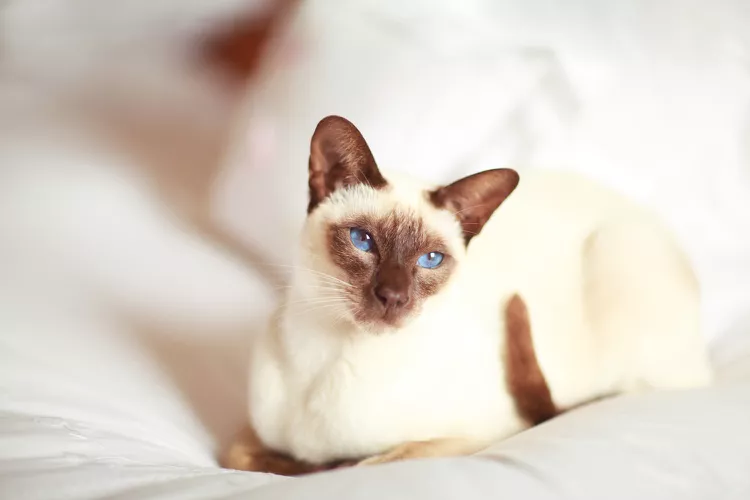
10 Best Cats With Big Ears
Cats with big ears often look extra endearing. Check out some common big-eared cats, including the Abyssinian, Devon Rex, Siamese, Sphynx, and more.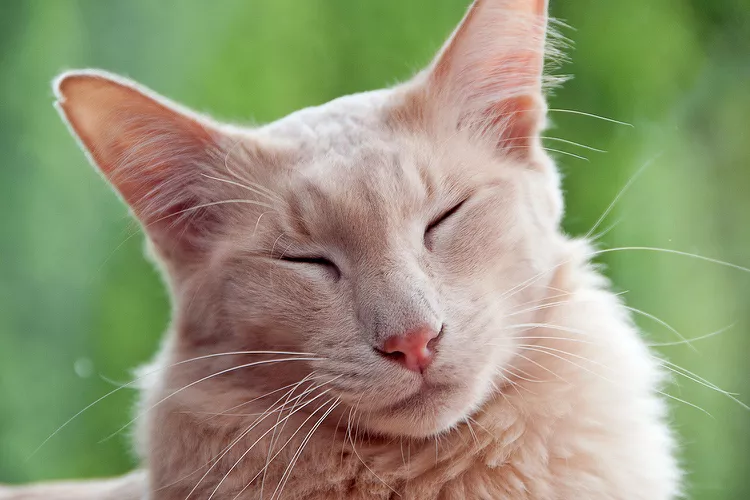
Javanese (Colorpoint Longhair): Cat Breed Profile, Characteristics & Care
The Javanese is a semi-longhaired, color-pointed cat of Siamese type. They are related to the Siamese, Colorpoint Shorthair, and Balinese breeds.
How to Stop Aggression in Dogs
Dog aggression can be a serious behavior issue for pet owners. Learn how to stop aggression in dogs before someone gets hurt.
Should Dogs Be Allowed on Furniture?
Should you let your dog on the couch or in the bed with you? Are there any reasons we should not let dogs on the furniture? Here's what to know.
Why Do Dogs Eat Rocks?
One of the most common non-food items for dogs to eat are rocks. Here's what to know about why dogs eat them and how can you stop your dog from eating rocks.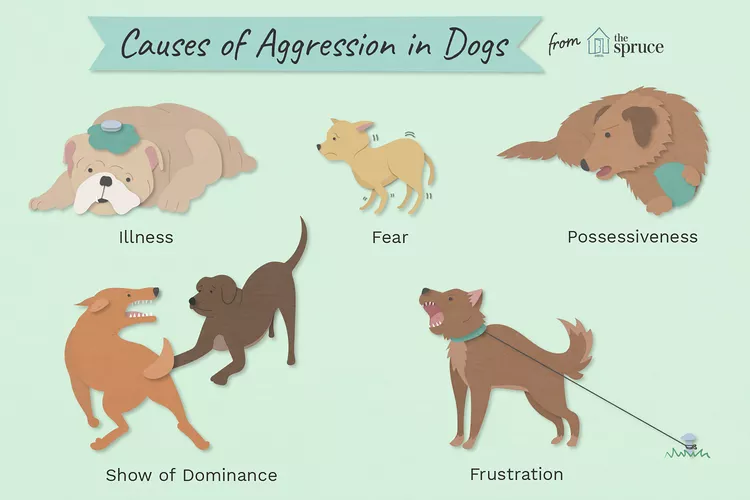
Why Dogs Get Aggressive and How to Stop It
Why is your dog biting you aggressively? Sometimes dogs can become aggressive with little warning. Find out what causes your dog to become aggressive so you can work with the behavior.
Thai Ridgeback: Dog Breed Characteristics & Care
Learn all about the Thai Ridgeback, a rare breed from Thailand. Find out how to care for the loyal dog and where to buy or adopt one.